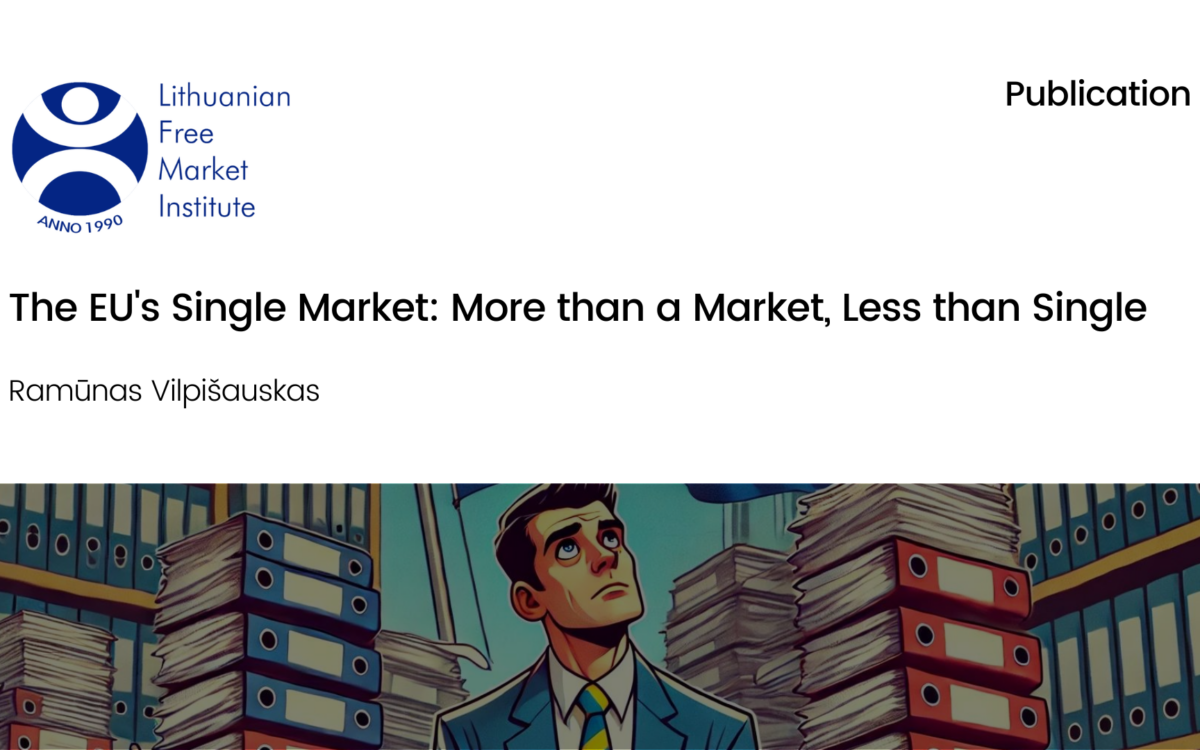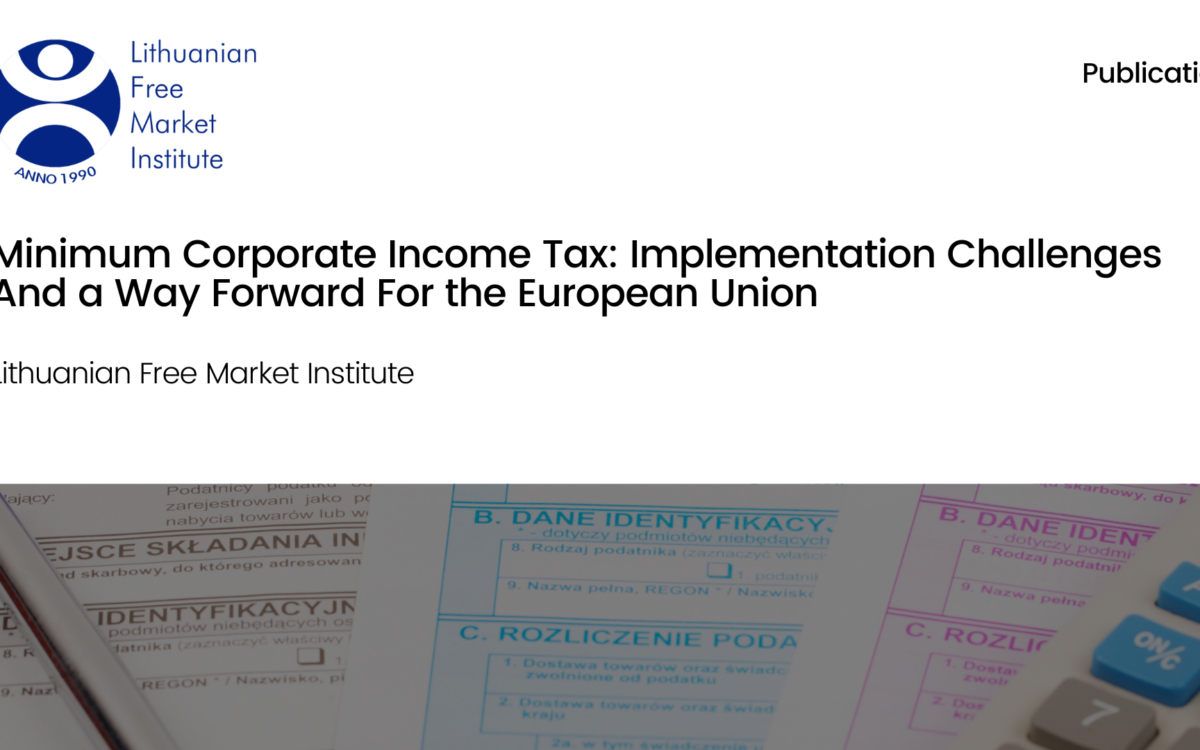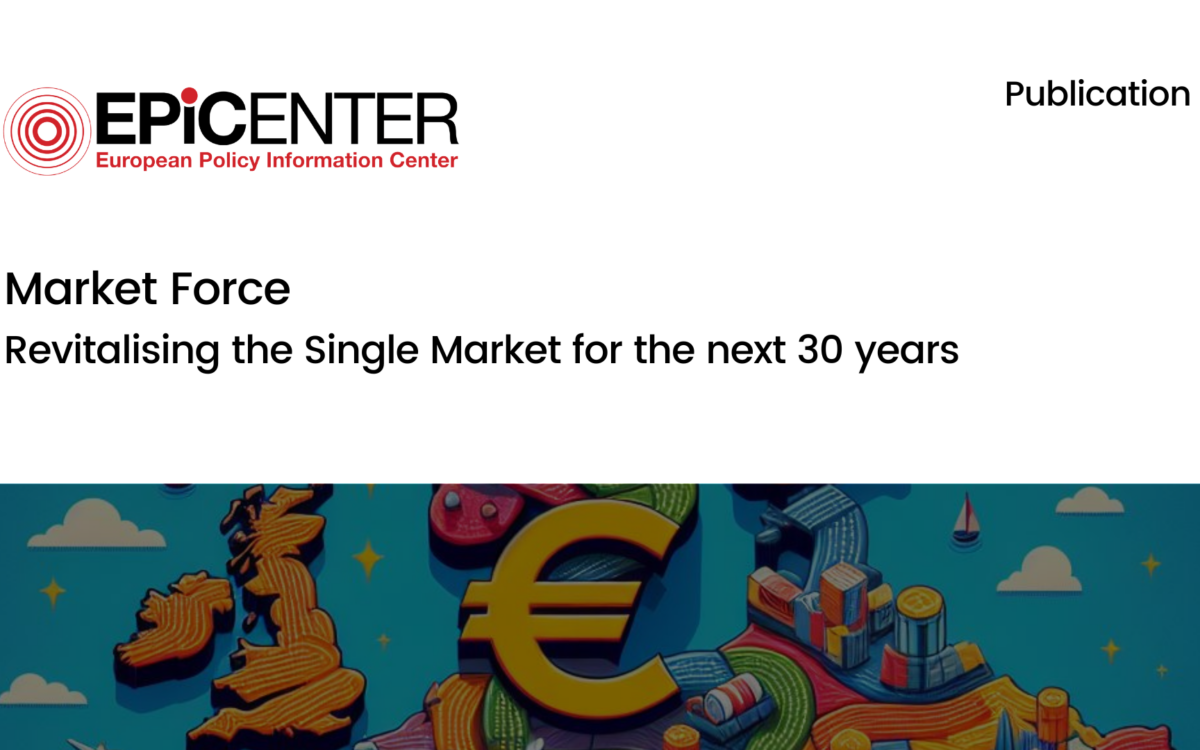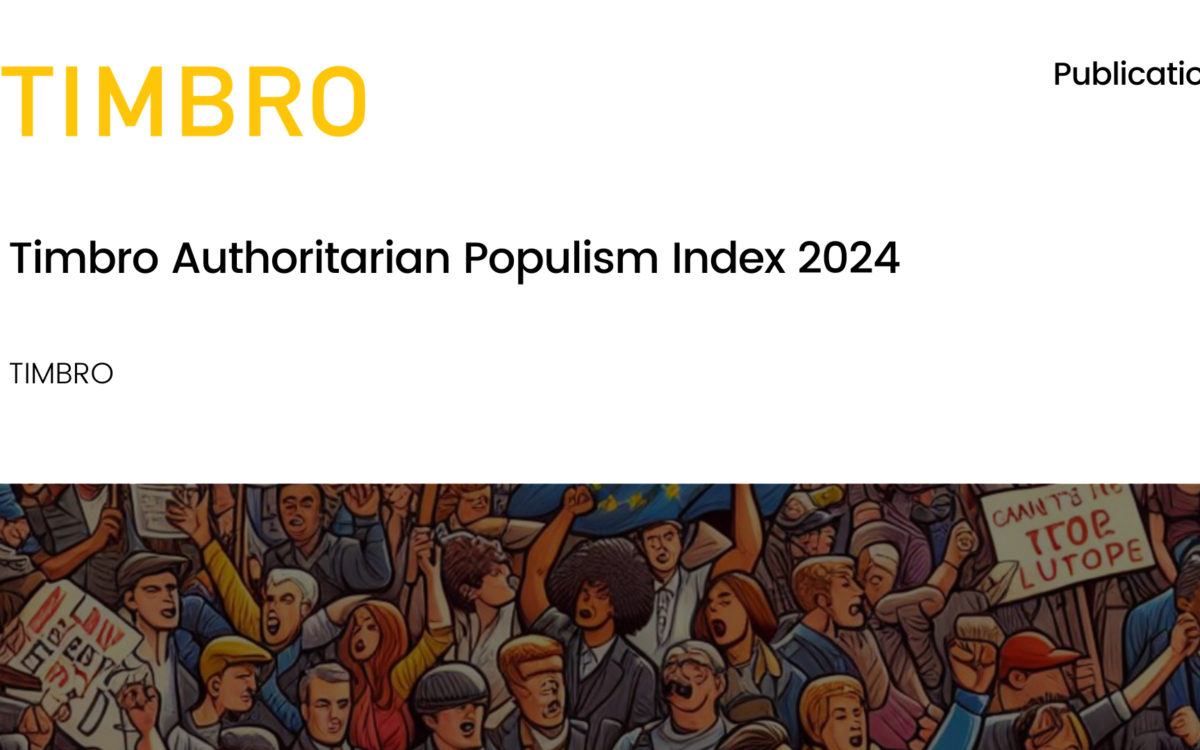Responses to Covid-19 of Governments in Selected Countries
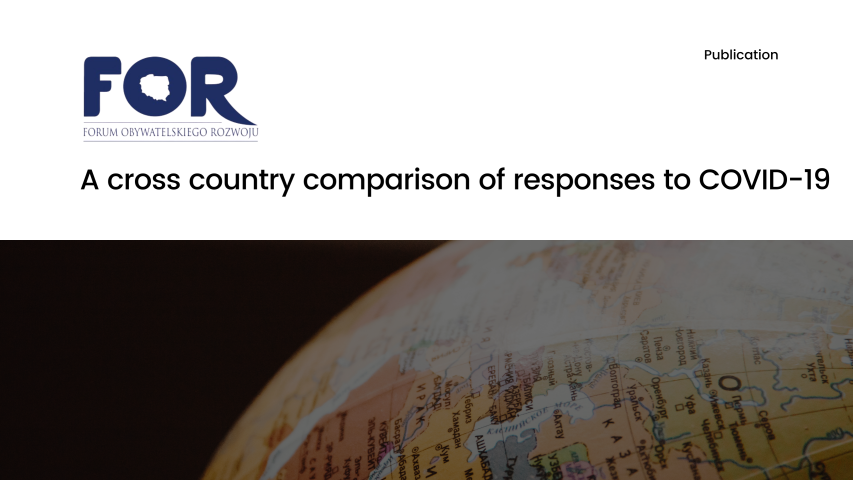
Responses to Covid-19 of Governments in Selected Countries
17 April 2020
The COVID-19 pandemic is a serious challenge for societies around the world. In response to it not only individuals are changing their behaviour, but also governments are taking various policy actions. In order to compare responses in different countries we have gathered information from Bulgaria, Czech Republic, Lithuanian, Georgia, Germany, Greece, Hungary, Poland, Slovakia, Slovenia and the UK. Overview of the policy responses in those countries highlights both common patterns and some profound differences. Most policies focus on social distancing:
-
- All countries have closed restaurants, bars, gyms, cinemas and theatres.
- Schools and universities are closed, but the extent to which education was moved online differs both between and within countries; major exams are mostly postponed.
- Only certain types of shops remain open; in some German states restrictions on Sunday shopping were liberalised in order to avoid crowds.
- Bulgaria and Greece closed all parks and forests, in Poland only public forests were closed, while in Georgia only private parks.
- Czech Republic, Poland and Slovakia mandate covering faces in public places.
- Slovenia and Georgia closed public transport, while Lithuania, Poland and Slovakia introduced social distancing measures for passengers.
- Only the United Kingdom kept fully open borders. Borders remain generally open in Germany and Slovenia as well, but with major caveats.
Legal basis for policy responses differ – constitutional states of emergency have been declared in Bulgaria, Czech Republic, Lithuania, Georgia, in some German states, and in Slovakia. Poland introduced only a statutory state of epidemic, and some emergency powers are being questioned on this ground. Hungary introduced no state of emergency but passed broader powers for the executive than the Constitution would allow. No emergency states in Greece, Slovenia, or the UK.
As both reactions of cautious consumers and new policy restrictions are taking heavy toll on business, all countries responded with support schemes. Publicly announced schemes are supposed to go into billions of euro, but large part of them consists of crucial at the moment liquidity provisions. The second most important instrument – subsidies to workplaces and for self-employed will be less costly. Also generosity and scope of such schemes differs and estimating their fiscal costs is difficult, but in most countries the cost no more than 1%-2% GDP.
Download or share this publication
View the PDF
EPICENTER publications and contributions from our member think tanks are designed to promote the discussion of economic issues and the role of markets in solving economic and social problems. As with all EPICENTER publications, the views expressed here are those of the author and not EPICENTER or its member think tanks (which have no corporate view).
